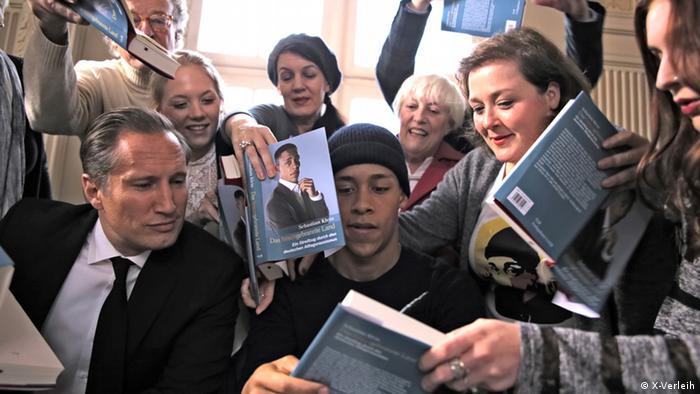Race In R.I.: The Invisible NativesPosted in Articles, History, Media Archive, Native Americans/First Nation, Politics/Public Policy, United States on 2015-10-26 18:30Z by Steven |
Race In R.I.: The Invisible Natives
The Providence Journal
Providence, Rhode Island
2015-10-24
G. Wayne Miller, Journal Staff Writer
Their ancestors were the state’s original settlers, but today’s Indians say whites ‘don’t even see us’
First of two parts
EXETER – On this fine autumn morning, Paulla Dove Jennings welcomes a visitor into her home at the edge of woods with a handshake and a smile. She pours tea, sits at her kitchen table, and begins relating some of her life’s story, which in its essential elements mirrors that of her relatives and ancestors, Rhode Island’s Narragansett and Niantic peoples.
A tribal elder now at 75, Jennings has been a waitress, chef, clerk, author, historian, educator, museum curator, state Indian Affairs Commissioner, Narragansett leader and more. Gifted with words and possessing a keen memory, she is a celebrated storyteller — a woman who laughs easily, and who also feels anger and pain at how some whites have treated her people since the Great Swamp Massacre of 1675 nearly obliterated them. The Narragansett and Niantic are among the state’s original inhabitants, here for 30,000 or more years.
“Oppression” is one word Jennings sometimes uses to describe that centuries-long treatment.
“Racism” is another.
“Rhode Island has close to the same racism as in Mississippi, and I’ve lived in both places,” says Jennings, a direct descendant of the great 17th-century Niantic sachem Ninigret…
Read the entire article here.


